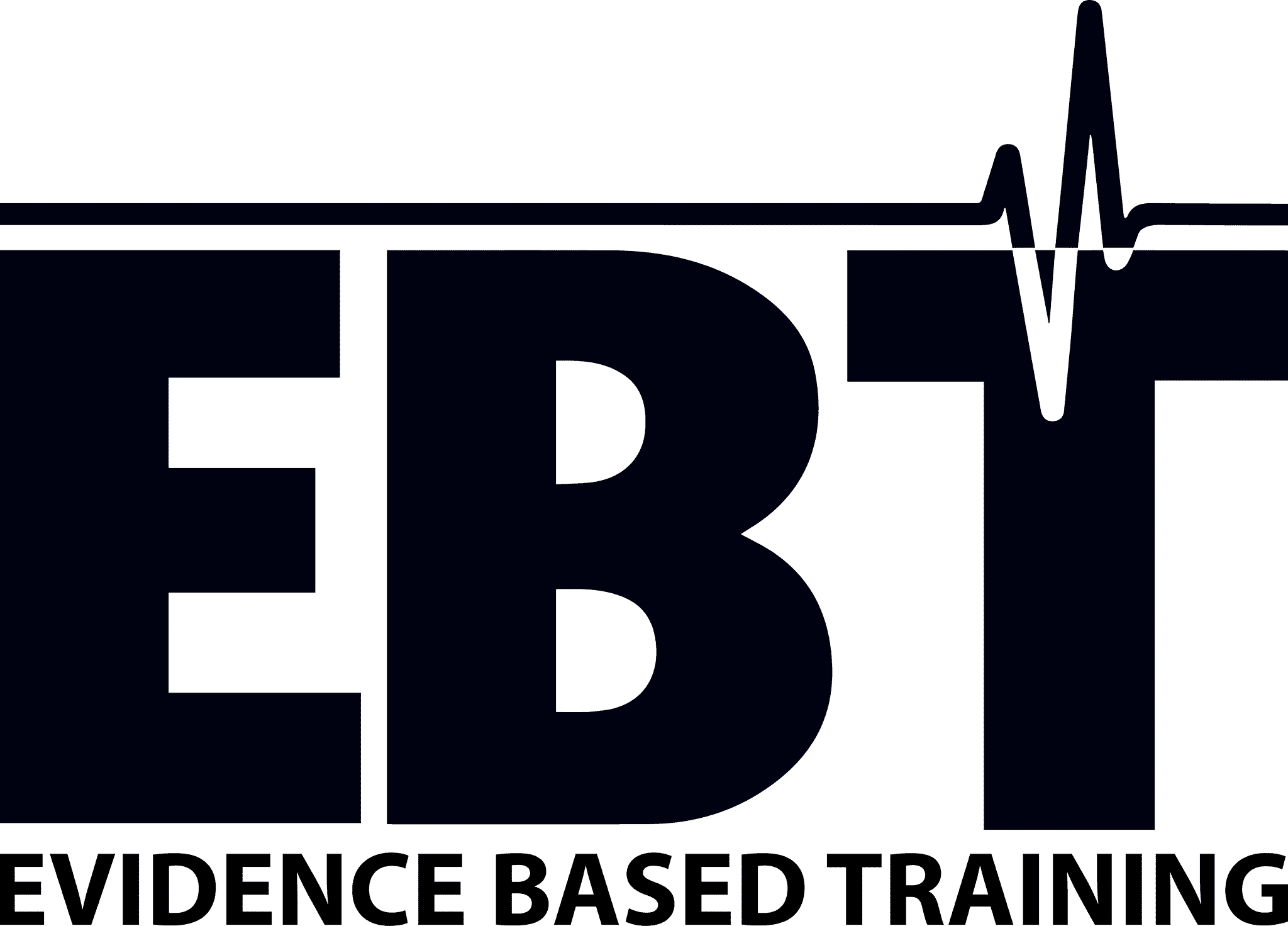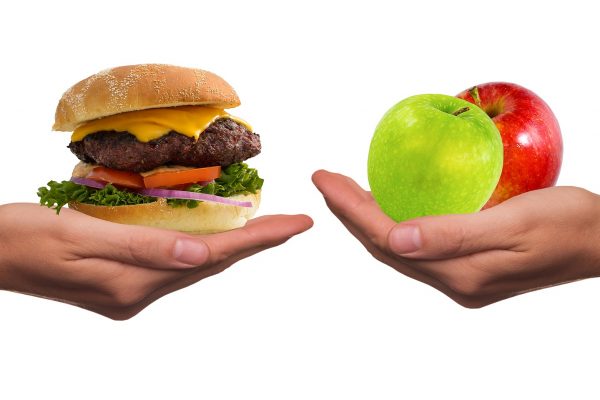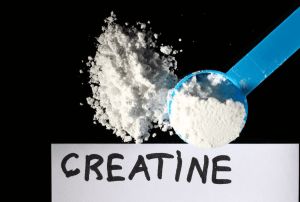Ever noticed how you can feel “full” after a meal but then still end up wanting dessert when presented with the opportunity? Your mind chooses to pursue “rewarding” food despite your caloric needs being met. Your “hunger” in this case isn’t caused by your body trying to reach an energy balance. Instead, your mind seeks to eat for “enjoyment”. In fact, how “hungry” people say they feel doesn’t relate that well to how much they really end up eating (1).
Two types of systems
We have two hunger systems (2, 3). Hunger driving us to eat ENOUGH food is known as homeostatic hunger (homeostasis = your body keeping weight (etc.) the same over time). Hunger driving us to eat for PLEASURE is known as hedonic hunger. This type of hunger is thought to contribute to the over-eating which drives the obesity epidemic.
Your hedonic hunger is driven by your WANTING of foods (how motivated you are to find and eat the food), and your LIKING of the food (how much pleasure you experience when you eat then food) (4). For example, your wanting and liking of chocolate may be much higher than for a carrot. This becomes even more obvious when you are dieting (in a caloric deficit). (5) Your hedonic hunger can thus override your homeostatic hunger!
Anecdotally, we like to ask ourselves before eating a “rewarding” food like chocolate or candy, “do you feel like eating an apple or some yoghurt with berries?”. If the answer is “no”, then your hedonic hunger is probably driving you to over-eat. You can limit your hedonic hunger from taking control by reducing stress, optimizing sleep, conditioning healthy behaviors through habits and setting up your environment for diet success (6).
THE EVIDENCE:
- Sadoul et al. The relationship between appetite scores and subsequent energy intake: An analysis based on 23 randomized controlled studies. Appetite. 2014 Aug 19;83C:153–9
- Berthoud et al. Homeostatic and non-homeostatic pathways involved in the control of food intake and energy balance. Obesity (Silver Spring). 2006 Aug;14 Suppl 5:197S–200S
- Johnson et al. Eating beyond metabolic need: how environmental cues influence feeding behavior. Trends Neurosci. 2013 Feb;36(2):101–9
- Berridge et al. Parsing reward. Trends Neurosci [Internet]. 2003 Sep [cited 2014 Jan 20];26(9):507–13
- Stice et al. Caloric deprivation increases responsivity of attention and reward brain regions to intake, anticipated intake, and images of palatable foods. Neuroimage. 2013 Feb 15;67:322–30
- Berridge et al. Dissecting components of reward: “liking”, “wanting”, and learning. Curr Opin Pharmacol. 2009 Feb;9(1):65–73








